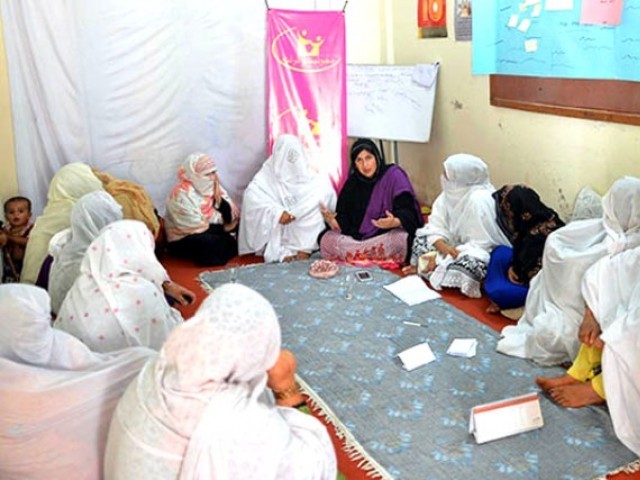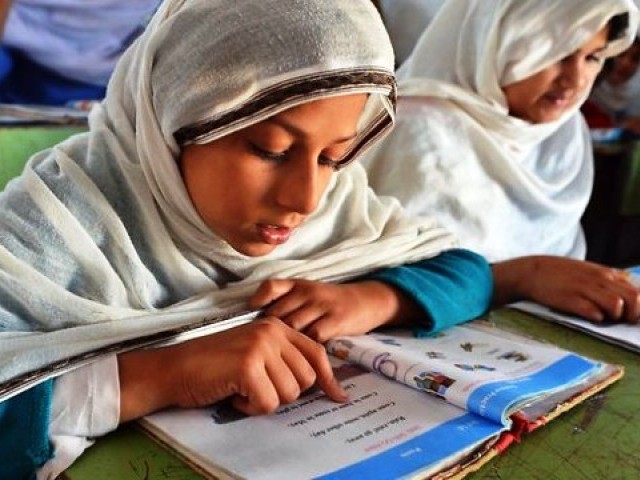Express Tribune 22 July 2013
My champa tree was a ridiculous little bare stump - and then suddenly, a leaf, then another and then another sprung from it. PHOTO: FILE
 |
More than six months ago, I bought a small champa tree, supposedly because my husband wanted one, but really, I lovechampa myself. It’s ‘frangipani’ in English, but it is the name ‘champa’ that means for me this short tree with a most definite idea of self.
Its branches twist this way and that most tree-ishly, its leaves a rich deep green, veined and elongated. And then the flowers, so many varieties, but all champa: the pale pink ones edged with a blush of slightly darker pink with the signature yellow in the centre… Champaflowers all have this yellow right there. There are the very pale pinkchampas with the merest tinge of pink at the edge, the whites with a jaunty blue edging, and my favourite, the yellow throated ivories with no other colour anywhere else. Ours is the ivory and yellow, but our neighbour has the pink, and it is the most striking feature of their lawn.
So, we planted the tree and it was just beginning to look happy, when… Well, we have a dog. He lives outside and spends his life barking at the maids who walk past our house, the children skipping to school, the trash truck guys twice a day, every day, and heaven help any intruder who tries to scale the wall into the garden. Anyway that animal took exception to our fledgling champa and one night while we slept, he decided to sit on it. The tree was only about eight inches tall then, and you’d think it must have been uncomfortable to sit on it, but who knows who gets a kick out of what.
We awoke to a champa bearing all the appearance of a tree that had been sat on, flat on the ground, its leaves all pushed down.
The gardener pulled off the torn branches, and straightened the small trunk and we let it stay there in the hope that it may survive. It remained a ridiculous little bare stump in the middle of the lawn for some months and then suddenly, a leaf, then another and then another sprung from it. It is now a small tree, still only about a foot and a half, and I can’t wait for it to flower and spread its fragrance straight into our room.
The other day, when I heard about that sect free mosque up in the Margalla foothills, I was suddenly reminded of our little champa. It is through such efforts that Islam gets a new lease of life. May that mosque be allowed to flourish and function, and may all destructive creatures stay away from it. Amen.






